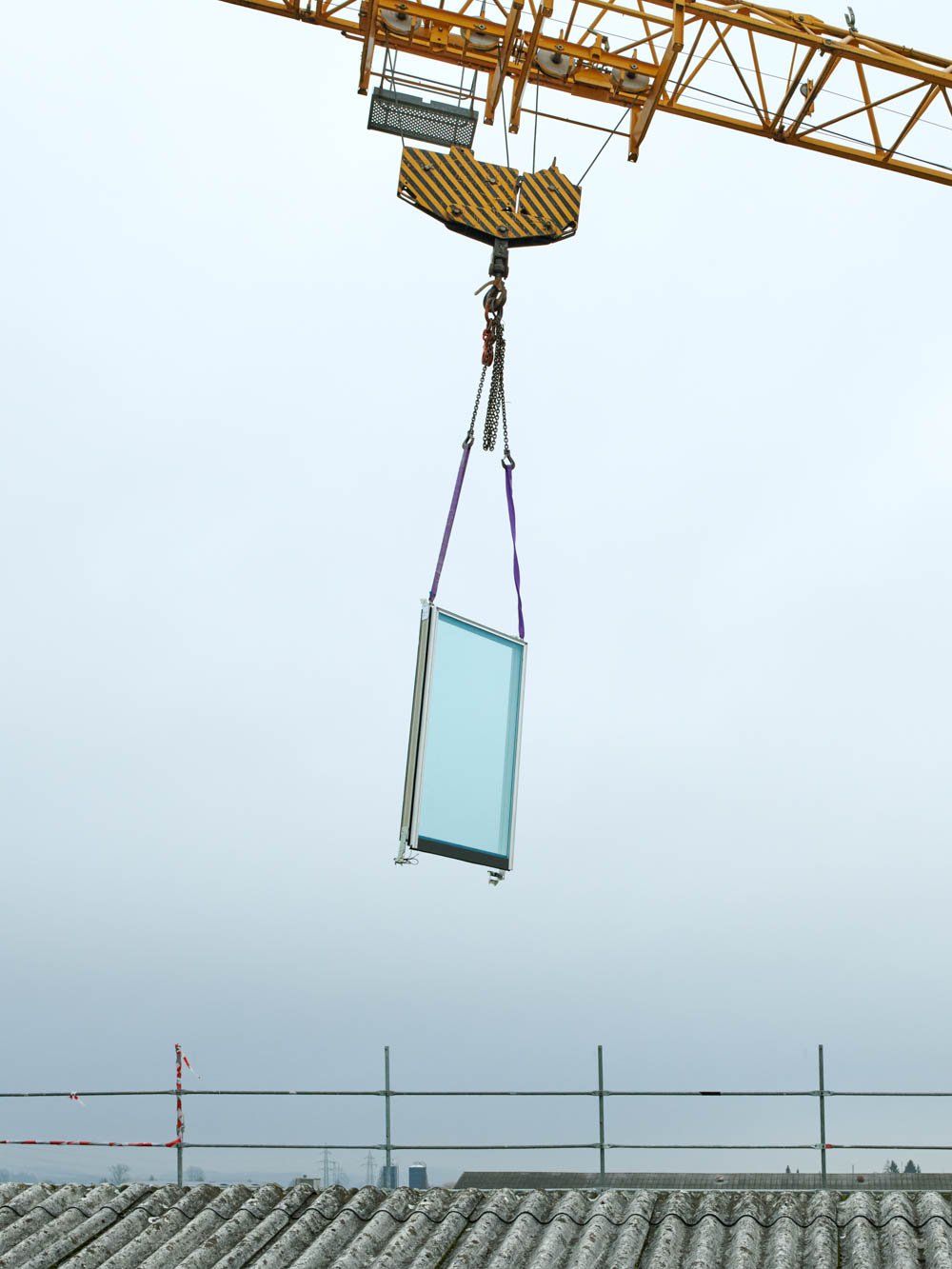In our work with sustainability, we have set science-based targets to guide our efforts. These targets aim to address our most significant impacts across our value chain.
Our targets relating to scope 1, 2, and 3 emissions are aligned with climate science and validated by the Science Based Targets initiative (SBTi). They provide us with a clearly defined pathway to reduce emissions in line with the goals of the Paris Agreement on climate change.
To increase accountability and ensure that our sustainability goals can be translated into action, we use a cross-functional governance structure. This gives senior representatives from different functions a shared responsibility for achieving results. Furthermore, progress on some targets is also linked to executive compensation.
Reducing our own carbon footprint
We have halved our scope 1&2 emissions since 2020, and our target is to achieve a 100% reduction by 2030.
We take a systematic approach to decarbonising our operations, investing in renewable energy and energy efficiency with a focus on our most energy-consuming production sites. This includes replacing gas-fired boilers with boilers fuelled by waste wood from our sites and investing in on- and off-site PV installations.
In 2023, we achieved 100% documented renewable electricity across the VELUX Group.
Reducing energy intensity
We are constantly looking for new ways to enhance energy efficiency and decarbonise our operations. To achieve this, we have started with a focus on our production sites with the greatest energy consumption.
In 2024, we set a new target to reduce the energy intensity of the VELUX Group by 56% by 2030 compared with a 2015 baseline. We established this new target in order to more accurately track and manage our energy efficiency. Several initiatives, including our internal energy efficiency projects and the continued switch to electric vehicles, are contributing to our progress.
Learn more about our efforts to achieve our target of a 100% reduction in scope 1&2 emissions by 2030.
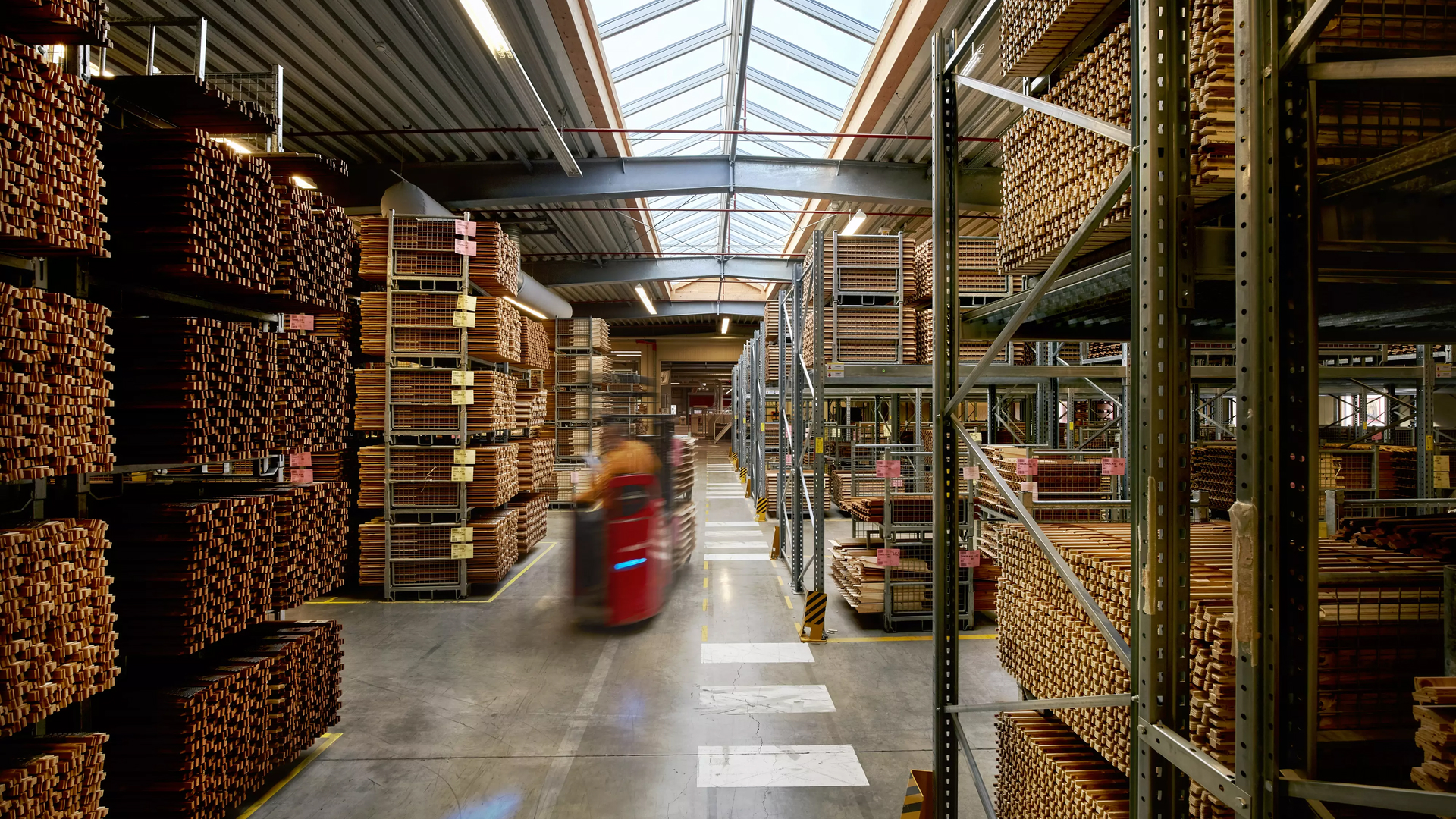
Working with suppliers across our value chain
In the VELUX Group, more than 98% of our carbon footprint relates to scope 3 emissions and comes from outside our own operations, the majority from the materials used in our products.
We are working to increase the share of lower-carbon materials that have a high recycled content. Through partnerships and collaborations with suppliers, we have already been able to reduce carbon emissions from the steel and aluminium used in our products.
We ask our suppliers to report data on their emissions using the CDP model, a reporting and disclosure platform. We also actively promote the Science Based Targets initiative and encourage our suppliers to set emission reduction targets in line with science.
With more than 98% of the VELUX Group’s emissions coming from outside our own operations, we are focusing on the use of lower-carbon materials in partnership with our suppliers.
Read more about how we are working to reduce CO2 emissions from our value chain.
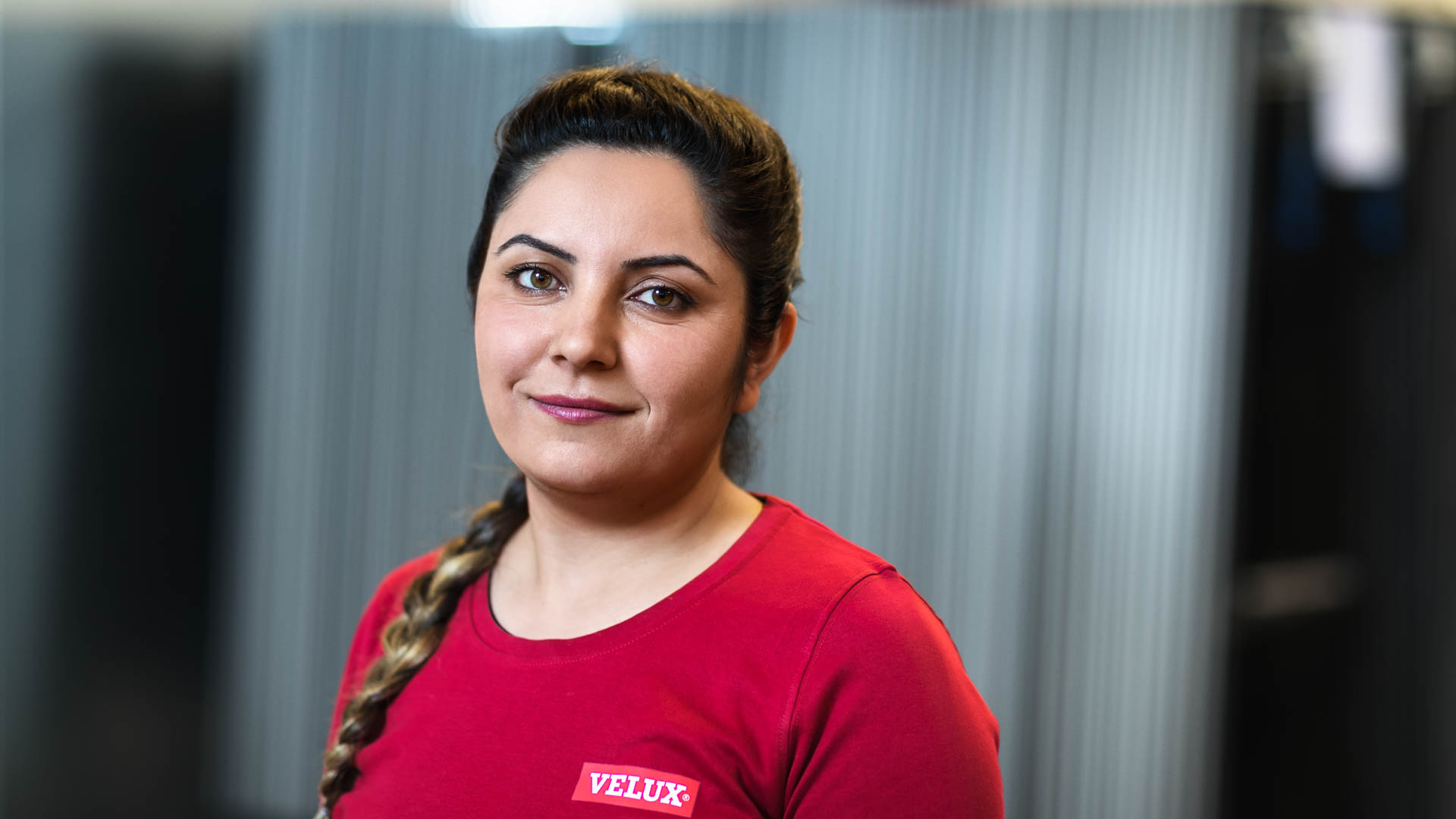
Building an inclusive workplace
We aim to foster a Diverse, Equitable, and Inclusive (DEI) workplace that enables everyone to thrive. We believe everyone has the right to be treated fairly, regardless of their background, culture, or experience.
Building a more diverse and inclusive company will support our overall progress and innovation objectives. Part of our work to build an inclusive workplace is to increase the representation of underrepresented groups and increase the number of women in management positions.
Until about a decade ago, equity was not a term in use in the business community in relation to diversity and inclusion. Today it is widely accepted that a commitment to equity leads to a diverse workforce with higher performing and profitable teams.
At VELUX, we are at the start of our journey and working to raise awareness and create a shared understanding of the concept of equity. Learn more about our DEI policy.
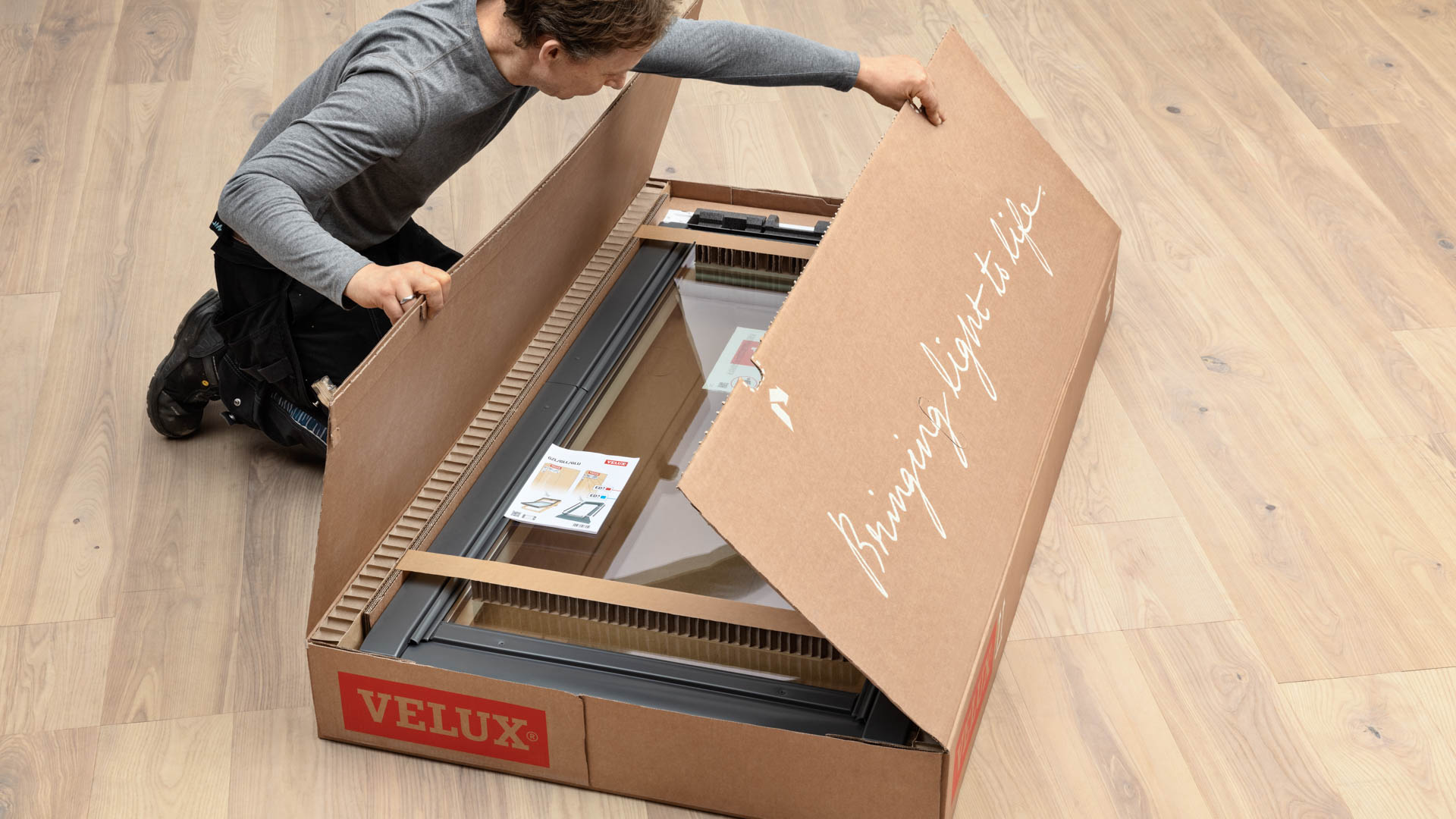
100% recyclable, zero-plastic packaging
To make our packaging easier to recycle in one waste stream, we are transitioning to a single material solution developed from responsibly sourced paper and cardboard. This provides high protection for our products and is easier to dispose of. The new packaging material is now used for most roof windows and flashings in all European countries.
Switching from plastic to paper-based packaging might sound simple. However, it is a complex process that has already taken more than two years and involved design professionals, engineers, and production companies from across the VELUX organisation.
Continue reading to learn about our ambitions to ensure single-material packaging by 2030.
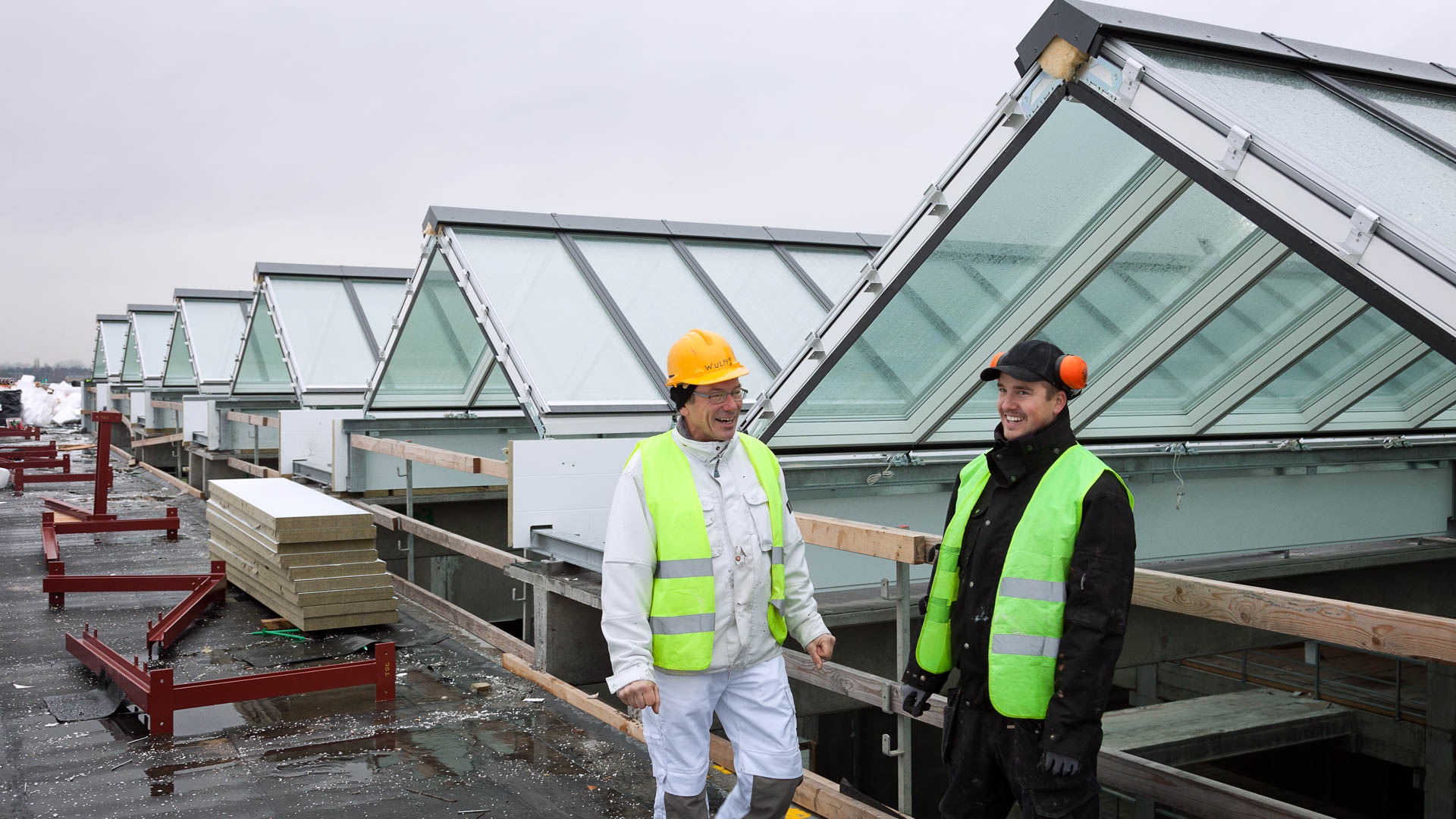
An ongoing focus on safety
As a production company, we have a strong focus on safety and an overall vision of zero accidents. To achieve this, we are making efforts to spread safe working practices across all areas of the business, raise awareness, and promote behavioural change towards greater safety in all our workplaces.
Our accident-reporting systems provide data that we can use to learn and drive preventative initiatives that can reinforce our safety performance.
To keep us on track towards a vision of zero accidents, we have set a goal to have less than one accident per one million working hours in 2030.
Our target is to have less than 0.2 lost working hours per 1000 working hours due to accidents.
We are proud of our safety record and continually strive to raise awareness and promote greater safety in all our workplaces. However, in 2024 we had an increase in our lost workday case rate and hours of absence. Even though the increase was only small, we are treating it seriously and taking action to improve our performance, allowing for the different maturity levels within our organisation.
During the year, we launched and ran pilot tests of a new reporting system with real-time dashboards in our Residential supply division. This system also supports our increased focus on proactive safety through hazards reporting, facilitating a process involving the direct manager in handling the report and in any follow-up action. Additionally, the system helps us analyse trends and patterns more effectively, thereby enabling us to react to current trends and plan global safety initiatives and programmes. This system will be rolled out to the rest of the business starting in 2025.
Read more about the progress we made towards achieving greater safety in the workplace.
